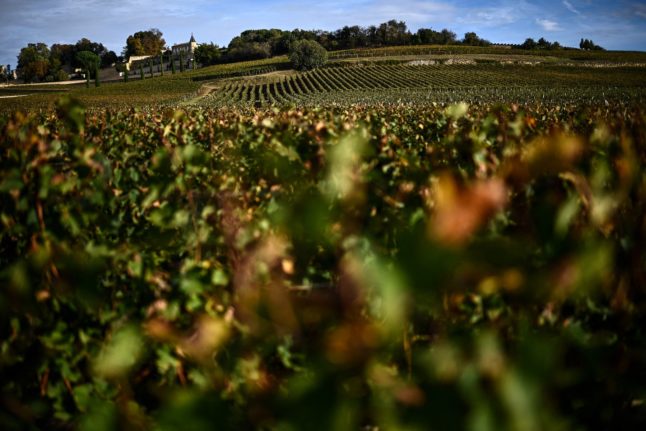Exactly what to call the delicious chocolatey breakfast pastry is a source of some controversy in France – most of the country refers to it as a pain au chocolat, but in the south-west is is a chocolatine.
The contest itself stays strictly neutral, calling itself the Coupe du Monde le la chocolatine et pain au chocolat (although the contest’s official Facebook page and email address use chocolatine).
On Sunday the 2024 contest in the southwestern city of Toulouse was won by Dimitri Bordon, 29, for his renditions of the butter-rich morning pastry.
He was one of 20 candidates representing 12 countries, including France, Vietnam, Canada, Italy, Saudi Arabia, Egypt, Morocco, Tunisia, Lebanon, Cameroon and Ivory Coast.
Each baker had to make 24 pastries – 12 traditional pain au chocolat/ chocolatines and the other half their own version with a twist.
A jury of 18 food and beverage professionals judged the entries for quality of pastry, taste, texture and cooking time.
“It’s a huge honour – especially when you see the other candidates,” Bordon said after winning.
His winning variation was a vertical pastry made to look like a windmill, imbued with a dash of tingling Sechuan pepper and covered in a tangy citrus glaze of mandarin, bitter orange and yuzu.
Others were equally as creative.
Vietnam contender Thuy Vien, 35, made a flower-shaped pastry, using bright pink dragonfruit and a yellow citrus fruit called calamansi for trimmings.
Twenty-nine-year-old Guy Orsini, from Corsica, crafted a bow tie filled with chocolate-hazelnut paste and candied clementine cream inspired by the fruit of his youth.



 Please whitelist us to continue reading.
Please whitelist us to continue reading.
Sounds amazing – but where can I see pictures of the winning entries please?